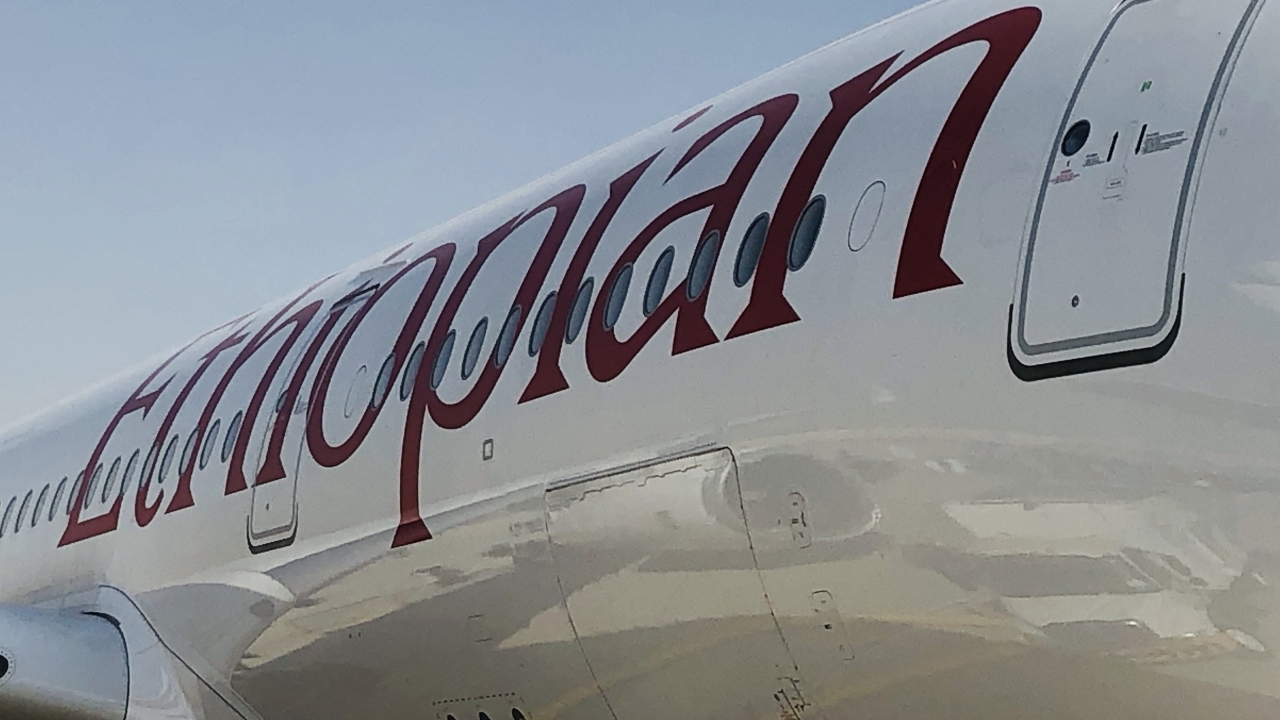AVI Afrique 2014 takes place

The summit was attended by more than 150 international and local experts, academics and industry decision-makers who shared information on challenges and solutions in aviation and air navigation services in Africa.
“This summit provides room for international guests to share information in aviation and navigation services and investigates the impact of research and technology on sustainability and innovation in aviation in Africa,” says Thabane Mthiyane, CEO of ATNS. “As we continue to serve by deploying technologies and introducing improvements to the air traffic and navigation environment we understand that our excellence in business can only be appreciated through financial, social and environmental sustainability.”
There were two panel discussions; the first discussed the impact of innovation by the aviation industry on environmental sustainability and the second, the impact of innovation on air traffic safety on the continent with particular regard to problems, trends, innovation and contributions to air safety.
Environmental sustainability in aviation factors on the social, economic and environmental issues, which consist of the freedom to travel fast, reliably and safely, with the $2,2 trillion global economic impact of aviation, and the need to reduce global CO2 emissions and reduce noise pollution.
Panellists of the first discussion agreed that it is important to consider all three environmental pillars in aviation, including aircraft technology, air traffic management and operations, and alternative fuels. They also agreed that political will is crucial to achieving meaningful success, that African players can benefit from the lessons learned by their European counterparts, and that a very good starting point to achieving their aims is implementing the industry’s environmental management system (EMS) practices - to create awareness and educate the industry.
The second panel discussion, which resulted in highly animated contributions, focused on safety. Panellists highlighted the need for improved in-flight communications between aircraft and ground stations in many locations in Africa, improved ground-to-ground communications particularly around flight plan filing, and the need to introduce new technologies such as tablets and smart devices into commercial cockpits quicker as they reduce cockpit workload and improve processes and ultimately safety.
Around 150 delegates attended from across the globe and organisations as diverse as Airbus, NAVISAT Middle East and Africa, Denel, INDRA Navia, ATNS, the University of Pretoria, South African National Space Agency (SANSA), South Africa’s Department of Transport, Technology Innovation Agency, Thales, South African Civil Aviation Authority (SACAA), SITA (air transport communications and IT) and various official agencies from countries including Egypt, Mozambique, France and more.
Approaches to the first topic, environmental sustainability, were equally diverse as the attendees and ranged from innovation, research and development for sustainable technology in a global aviation environment by Patrick Ndlovu of Denel, to Samy Turk of Egypt’s NAVISAT Middle East and Africa who spoke about air navigation service providers as innovators for environmental sustainability, and space-based technologies and their impact on the environmental sustainability on the continent by Dr Corné Eloff, GEO of Intelligence at Airbus Defence and Space, South Africa.
Emanuel Chaves of Aeroportos de Mocambique raised innovation challenges facing air navigation service providers and the aviation industry, including the need for activities stemming from a desire to improve air traffic safety over Africa and offered potential means to achieve them while Patrick Lefevre of Thales delivered a presentation on the impact of innovation on air traffic safety on the continent and how FM technology can be cost-effectively harnessed to achieve it.
Earlier in the day Professor Sunil Maharaj of the University of Pretoria highlighted the continuing need for trans-disciplinary collaboration and the growing demand for doctoral graduates to lead engineering innovation in the future.
Also, warmly received by attendees was the presentation by Siyabulela Xuza, a South African innovator who, at age 18, created his own rocket fuel in the small Eastern Cape town of Mthatha. He has since graduated with an engineering degree from Harvard University in the US, where he researched clean, affordable energy after winning a gold award at the National Science Expo in the US and the Dr Derek Gray Memorial award for the most prestigious project in South Africa. His achievements stemmed from a dream to one-day travel to Jupiter near which NASA has since named a planetary body in his honour.
Stay up to date
Subscribe to the free Times Aerospace newsletter and receive the latest content every week. We'll never share your email address.

